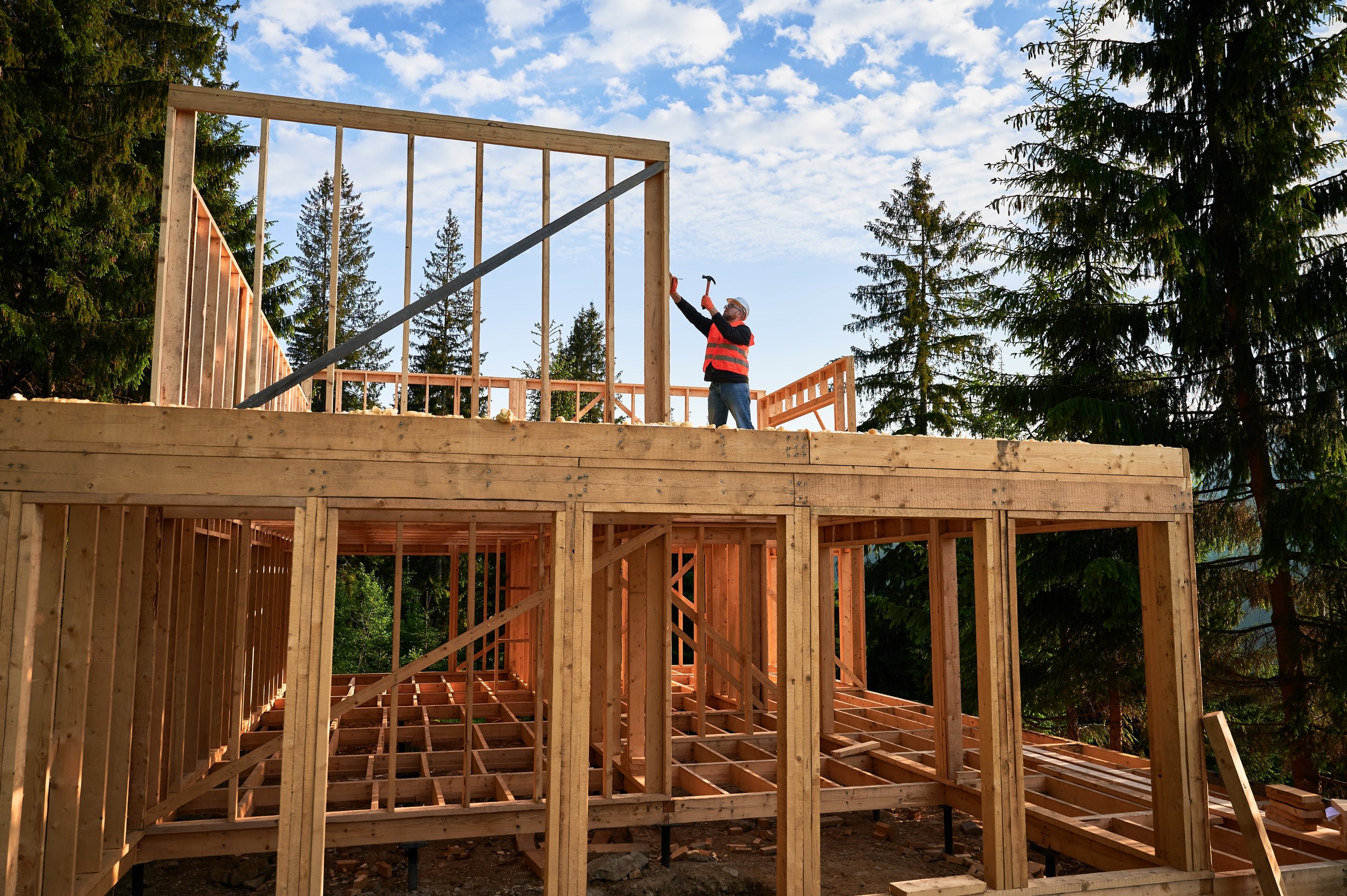Getting a Spanish passport isn’t just about travel – it’s a gateway to living, working and owning property anywhere in the EU.
Imagine being able to live by the Mediterranean without worrying about time limits on your stay. For retirees, expats and remote workers, that’s exactly what a Spanish passport offers. It gives you the right to live in Spain permanently, but it also unlocks the freedom to settle in any of the other 26 EU member states.
Contents
The benefits of getting a Spanish passport
A Spanish passport means you are an EU citizen. That status grants you automatic residency, healthcare access and the right to work or run a business across the bloc. For retirees, that could mean affordable healthcare in Spain or Portugal. For digital nomads, it’s the ability to work legally in Berlin or Amsterdam without complex visas.
Property opportunities
As an EU citizen, you won’t face restrictions that can apply to non-EU buyers. In Spain itself, you can buy in prime coastal spots or inland villages knowing you’ll be free to stay year-round. But your options don’t end there – you could invest in a pied-à-terre in Paris, a rental apartment in Lisbon or a ski home in Austria, all under the same passport.
Who is eligible?
Spain allows you to apply for citizenship if you can prove descent. If you have parents or grandparents born in Spain, you may be eligible. Spain also has shorter residency requirements for people from certain countries with historic ties, but in most cases you’ll need 10 years of legal residence before applying.
Spain’s citizenship-by-descent programme
Spain’s current citizenship-by-descent programme comes through the Democratic Memory Law, introduced in October 2022. Originally designed to run for two years, it was extended in 2024 and now has a final deadline of October 2025.
The law recognises the right to Spanish nationality for people born outside Spain to a father, mother, grandfather or grandmother who was originally Spanish and lost or renounced their nationality due to political or ideological persecution, exile or discrimination based on beliefs, sexual orientation or identity.
So far, more than 300,000 people have already applied for citizenship under this law, making it one of Spain’s most significant nationality programmes in recent history.
How to apply
To apply for a Spanish passport, you’ll first need to secure Spanish citizenship. If you qualify through ancestry, the process begins with gathering the right documents. You’ll need your grandparent’s Spanish birth certificate, your parent’s birth certificate to show the family link and your own birth certificate. In some cases, proof that your grandparent was exiled from Spain may also be required.
Beyond documentation, most applicants must complete two exams. The first is a Spanish language test to demonstrate basic fluency. The second is a short exam on Spanish culture, customs and the constitution. These are designed to show you have an understanding of the country you’re applying to join.
Once citizenship is approved, getting your Spanish passport is relatively straightforward. The application process is quick, and with a fee of around €30, it’s among the most affordable passport applications in Europe.
What if I can’t get a Spanish passport?
If you have close family in the EU, you may be able to explore residency options through them. Alternatively, you might qualify for another EU passport – many US and UK citizens are eligible for Irish, Italian, Polish, German or other European nationality through ancestry.
Even if getting a Spanish passport isn’t possible, there are still other routes to make your European property dream a reality.
For those without ancestry links, several EU countries have visa schemes that make living and buying property abroad more accessible:
- Non-lucrative visas
- Digital nomad visas
- Business and investment visas
These options may not provide the same automatic rights as EU citizenship, but they can still offer long-term security and the chance to enjoy your property without time restrictions.
FAQs
A UK citizen must first obtain Spanish citizenship. This is usually through long-term legal residence in Spain, typically 10 years, although shorter routes exist if you are married to a Spanish citizen or qualify through Spanish ancestry under the Democratic Memory Law. Once citizenship is granted, you can apply for a Spanish passport.
A Spanish passport grants full EU citizenship, allowing you to live, work, retire and buy property anywhere in the EU without visas or time limits. It is also one of the world’s strongest passports for travel, offering visa-free or visa-on-arrival access to most global destinations.
Yes. As a Spanish citizen, you can live in any EU member state, as well as Iceland, Liechtenstein, Norway and Switzerland, with the same rights as local citizens. However, UK applicants should be aware that Spain generally does not allow dual citizenship, meaning you may be required to formally renounce your British nationality when acquiring Spanish citizenship, unless you qualify through an exemption route such as specific forms of descent.









